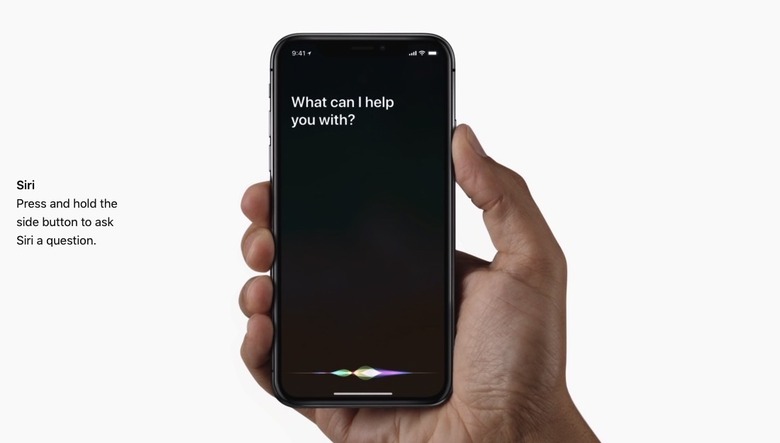Everybody Beats Up Facebook Over Fake News, But Siri Can Help Safari Surface Plenty Of It Too
At the time of this writing, in the late afternoon on Tuesday, if I swipe to the right on my iPhone 7 Plus and type "Obama Muslim" into the search bar at the top, I'm shown a link right at the top for a YouTube video that breathlessly proclaims "Obama Admits He Is A Muslim."
Type "Obama lizard" into the search bar instead, and the Siri Suggested Websites feature helpfully surfaces a Quora thread speculating about whether the 44th president of the United States is indeed a lizard. Right below that is a link to a poorly cobbled together website that seems to make the same case. Type "Hillary cover up" into the search bar, and ... you get the idea. The fun continues.
Here's the point of all this: everyone likes to beat up on the usual suspects like Facebook when it comes to the inexorable spread of fake news, but the problem is actually more pervasive than you may realize. Indeed, Buzzfeed is out with a piece today walking through how even Apple's Safari browser inadvertently enables the surfacing and spread of conspiracy theories and fake news.
It does so via Siri's suggestions of content it surfaces whenever you swipe to the right on your iPhone and type something into the search bar.
As of Monday, Buzzfeed reports, "if you typed 'Pizzagate' into Apple's Safari, the browser's 'Siri Suggested Website' prominently offered users a link to a YouTube video with the title 'PIZZAGATE, BIGGEST SCANDAL EVER!!!' by conspiracy theorist David Seaman (the video doesn't play, since Seaman's channel was taken down for violating YouTube's terms of service). The search results appeared on multiple versions of Safari."
Such results, the news service goes on to note, "raise questions about the company's ability to monitor for low-quality information, and provide another example of the problems platforms run into when relying on algorithms to police the internet."
This all adds yet another layer to the problem of fake news that's plagued other services and tech giants — other companies that it's easier and more en vogue to beat up on for these reasons.
This piece began by noting the time of this writing, just in case some of the search results have changed by the time you check them out. Apple has started removing problematic results that it was shown by Buzzfeed, and hopefully that continues, given that, well, the midterm elections are just around the corner.
But let's be realistic. This is part and parcel of what you get with the open internet. What we're left with when it comes to content like this is a spectrum of bad to less-bad choices — as well as some choices that are completely unrealistic. Companies can come and take down content after the fact, which is what's happening now but leads people into pitchfork territory and cries to do more. Companies could also go overboard on censorship, because there's not an AI system in existence yet that can correctly differentiate between what's fake news and what's just unpopular 100 percent of the time.
From an Apple statement given to Buzzfeed that makes reference at the end to Apple's web crawler:
"Siri Suggested Websites come from content on the web and we provide curation to help avoid inappropriate sites. We also remove any inappropriate suggestions whenever we become aware of them, as we have with these. We will continue to work to provide high-quality results and users can email results they feel are inappropriate to applebot@apple.com."
